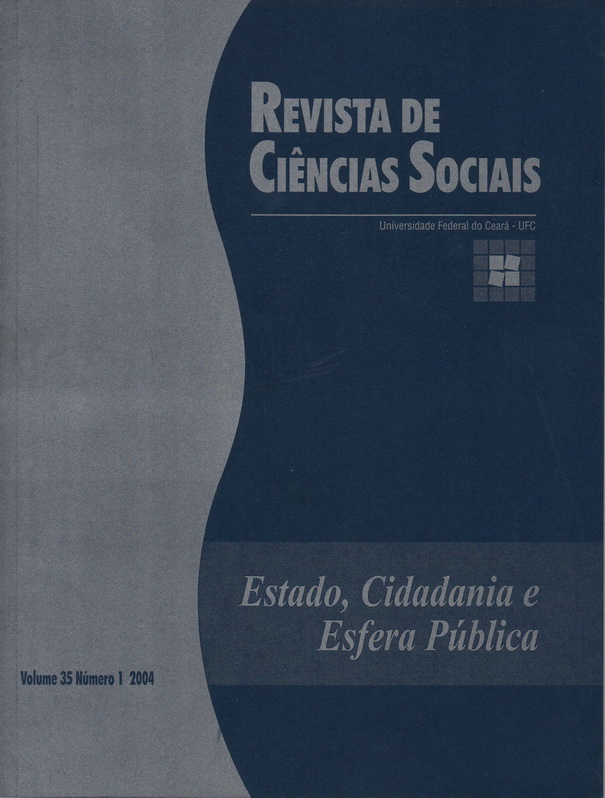Could culture be an obstacle the development?
Abstract
Culture has great importance as a factor of development but can also be a hindrance to it. This theme can be found in writings from the seventeenth century but the most fruitful studies on it were carried out by Max Weber in the beginning of the twentieth century. Recently, in view of the failure of many economicist models, many authors have been reexamining this issue to specifically explain the backwardness of Latin America. In Brasil, the attempts at defining a national character made in the nineteenth and twentieth century, although lull of prejudices, help us to reflect on the compatibility between our culture and the demands of economic development. It remains to know how we could advance changes in our culture, removing the obstacles and fostering values, beliefs and attitudes favorable to prosperity.
References
FANFANI, Amintore. Catolicismo y protestantismo en la genesis del capitalismo. Madrid: Ediciones Rialp, 1953.
WEBER, Max. A ética protestante e o espírito do capitalismo. São Paulo: Pioneira, 2001.
LEITE, Dante Moreira. O caráter nacional brasileiro. São Paulo: Ática,1968.
BARROSO, Ary. Aquarela do Brasil. CD João Gilberto, Coleção Mestres da MPB.
PORTER, Michael E. "Atitudes, valores, crenças e a microeconomia da prosperidade". In: A cultura importa. Rio de janeiro: Record, 2002.
PEYREFITTE, Alain. A sociedade de confiança. Rio de janeiro: Topbooks Editora, 1999.
GRONDONA, Mariano. "Uma tipologia cultural do desenvolvimento econômico". In: A cultura importa. Rio de janeiro: Record, 2002.
HARRISON, Lawrence. Subdesenvolvimento é um estado de espírito. A questão latino-americana. Rio de janeiro: Record.
Downloads
Published
How to Cite
Issue
Section
License
Autores que publicam nesta revista concordam com os seguintes termos:- Autores mantém os direitos autorais e concedem à revista o direito de primeira publicação, com o trabalho simultaneamente licenciado sob a Creative Commons Attribution License, que permite o compartilhamento do trabalho com reconhecimento da autoria do trabalho e publicação inicial nesta revista.
- Autores têm autorização para assumir contratos adicionais separadamente, para distribuição não-exclusiva da versão do trabalho publicada nesta revista (ex.: publicar em repositório institucional ou como capítulo de livro), com reconhecimento de autoria e publicação inicial nesta revista.
- Autores têm permissão e são estimulados a publicar e distribuir seu trabalho online (ex.: em repositórios institucionais ou na sua página pessoal) a qualquer ponto antes ou durante o processo editorial, já que isso pode gerar alterações produtivas, bem como aumentar o impacto e a citação do trabalho publicado (Veja O Efeito do Acesso Livre).



